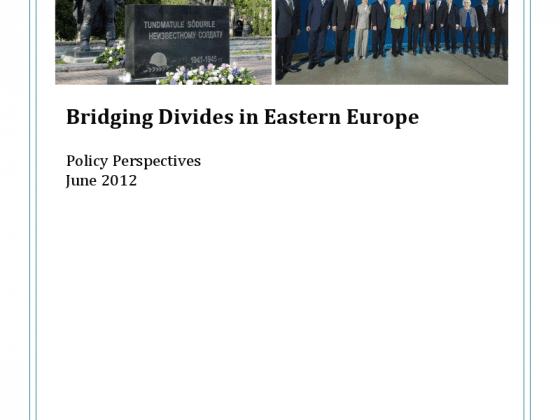Although Russia seems to be in perpetual economic crisis and political transition, it is not too early to begin contemplating the impact of economic growth on Russian foreign policy. Even if one would doubt, and not without reason, official and unofficial statistics, there are qualitative signs which point at a real possibility of early economic growth. Specifically, two recent developments warrant attention. Money that was leaving Russia in the last ten years is flowing back, often in the form of investment by obscure Cyprus- or Bahamas-based companies. Second, financial capital is aggressively buying property, first and foremost in industry. In many cases banks are essentially paying additional money to legalize the ownership of property they had controlled through proxies. Those who are engaged in both types of activities seem unconcerned by either political upheavals or potential loss of profit: their predictions are obviously positive.
The recent forecast of the World Bank is in line with these expectations. The key features of the political and economic system are already discernible and economic growth might start as early as next year. As a result, Russia's dependence on external aid and credits will be decreasing. Though still essential, credits will become less crucial, causing the levers of influence which have become habitual to the West to eventually disappear.
Simultaneously, the expanding capacity of the Russian market will make it more attractive and will increase Russia's leverage over industrialized countries, which will be interested in exporting to Russia. A dependency relationship will be gradually replaced by interdependence. These general observations say little, however, about the direction of policy. Will Russia use new resources in ways compatible with Western interests or will it work against the West? This will depend on what the decisionmaking mechanism will be, who will be the key actors, and under what criteria they will operate–in other words, on Russia's economic and political structure. […]









